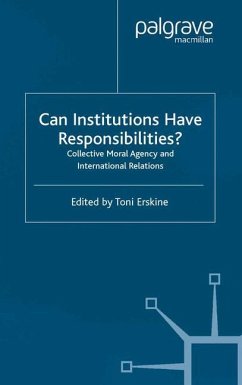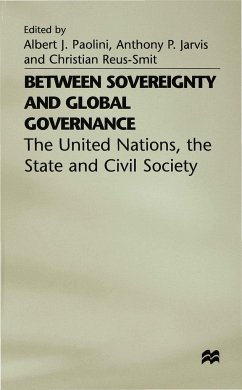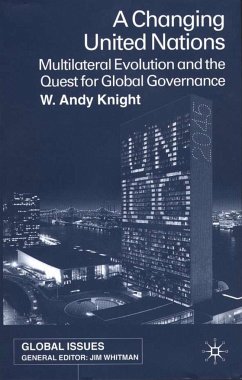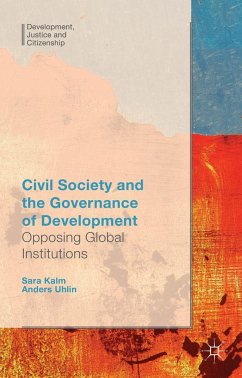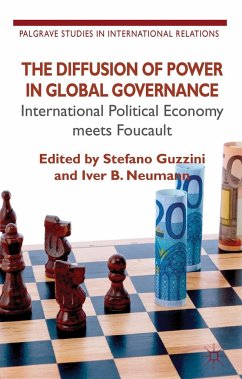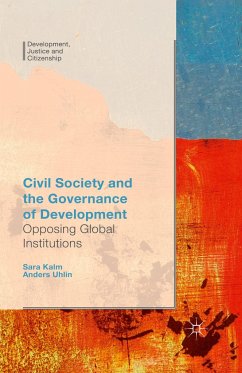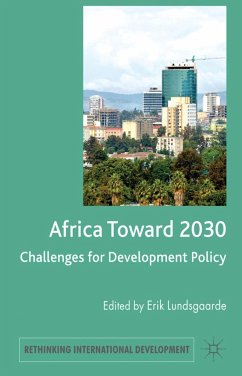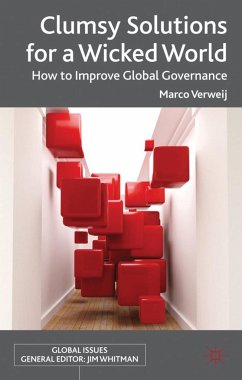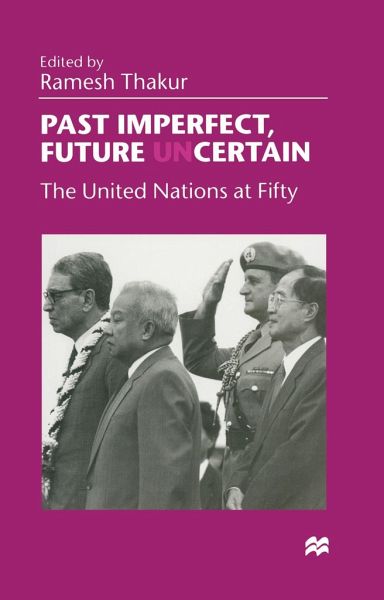
Past Imperfect, Future Uncertain
The United Nations at Fifty
Herausgegeben: Thakur, Ramesh
Versandkostenfrei!
Versandfertig in über 4 Wochen
38,99 €
inkl. MwSt.

PAYBACK Punkte
19 °P sammeln!
The end of the Cold War and the forceful response to Iraq's aggression created expectations that the UN would change from a marginal into a centre player in world affairs. These hopes were seemingly dashed in Somalia, Rwanda and Bosnia. Has the United Nations abdicated its moral duty as the custodian of our hopes for a better world? In this book, foreign ministers, generals, ambassadors, and scholars provide sober assessments of how the United Nations can meet the challenge of a balance between the desirable and the possible.





